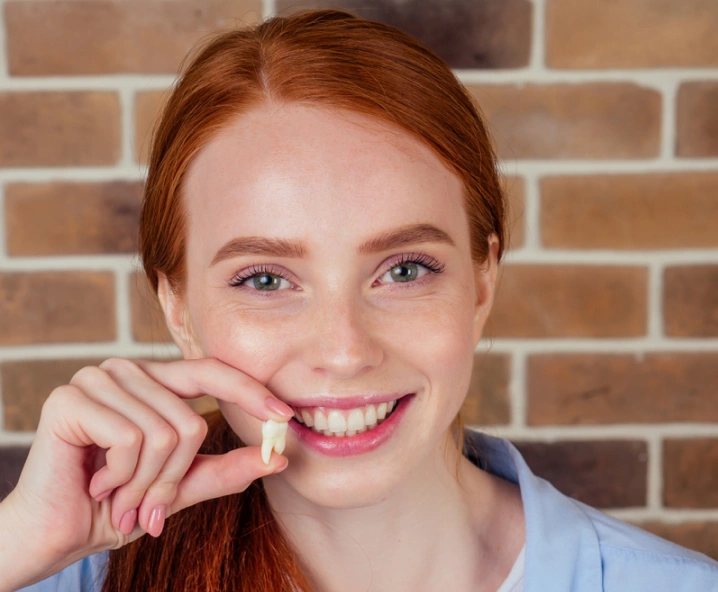254 Everest Ln #3, St Johns, FL 32259

Restore Your Smile With Cracked Tooth Repair
The outer surface of the teeth is built to take a beating. Enamel is the hardest substance in your body and is even stronger than bones. Nevertheless, while teeth are tough, they can still crack and fracture like any other body part. Cracked teeth are considered dental emergencies and should not be taken lightly.
If this accidentally happens, Dr. Neal Patel can perform a cracked tooth repair. While cracked tooth repair varies from person to person, schedule a same-day dental appointment at Vitalize Dental before it’s too late.
How It Works
Some patients try to find answers online on “how to fix a cracked tooth naturally,” but teeth are unlike other parts of the body that can regenerate on their own. Typically, teeth cannot heal themselves on their own. So, you must schedule professional tooth repair if you notice a cracked tooth.
There are several different types of cracked tooth repairs, and your dentist will discuss the most suitable option for you. Cracked tooth repair can be a relatively simple procedure, but it is crucial to seek professional help to ensure the repair is successful.
Cracked tooth repair depends on how severe the crack is and where in the mouth it’s located. While elusive hairline cracks in teeth typically don’t require treatment, cracks on the top of the tooth might require more extensive treatment, like a dental filling or crown. In severe cases, you might need root canal therapy or a dental extraction paired with tooth replacement, like a dental bridge, dental implant, or partial denture.
When to Call the Dentist
Cracked tooth repair is a common dental procedure. If you notice that you have a cracked tooth, it is important to get it repaired as soon as possible. Although enamel is the strongest substance in the body, it can crack at any moment.
Sometimes, there are no visible signs of a cracked tooth so self-diagnosing can be tricky. Still, some obvious signs that you accidentally cracked your tooth include the following:
- Sporadic tooth pain
- Discomfort when brushing, biting, or chewing
- Increased sensitivity to hot, cold, sweet, sticky, or sour foods
- Infection around the gumline
